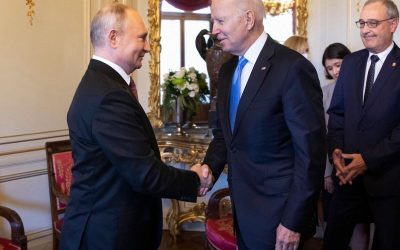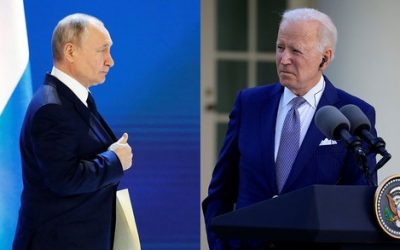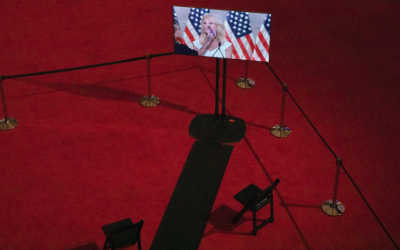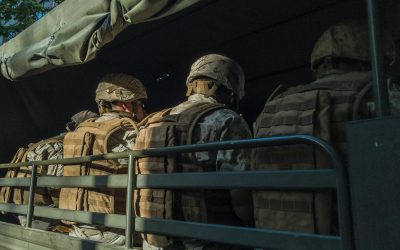Brief # 117 – Foreign Policy
By Abran C
Presidents Joe Biden and Putin’s meeting on June 16th came after months of tensions, cyberattacks, and both leaders acknowledging that relations between the two nations are at a historic low point. Not much was expected from this meeting and as thought not much was gained.












